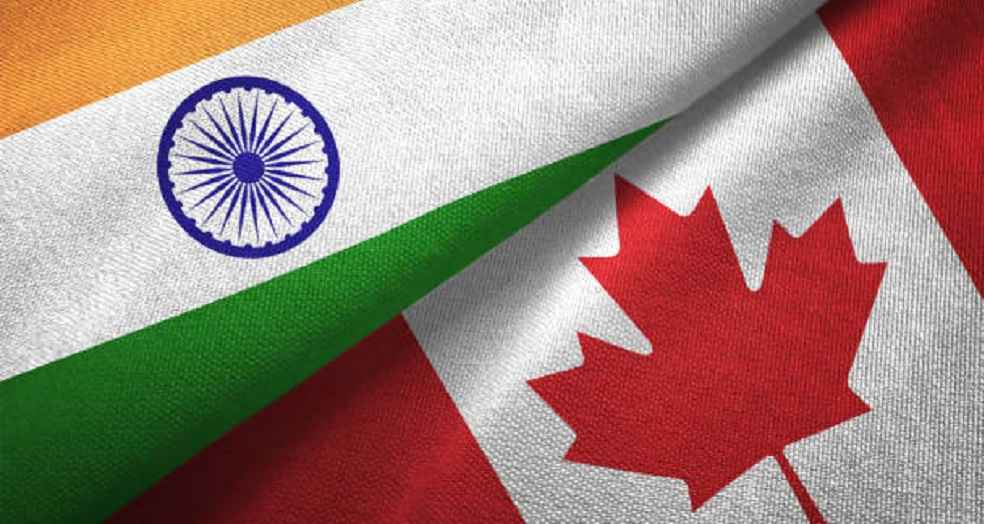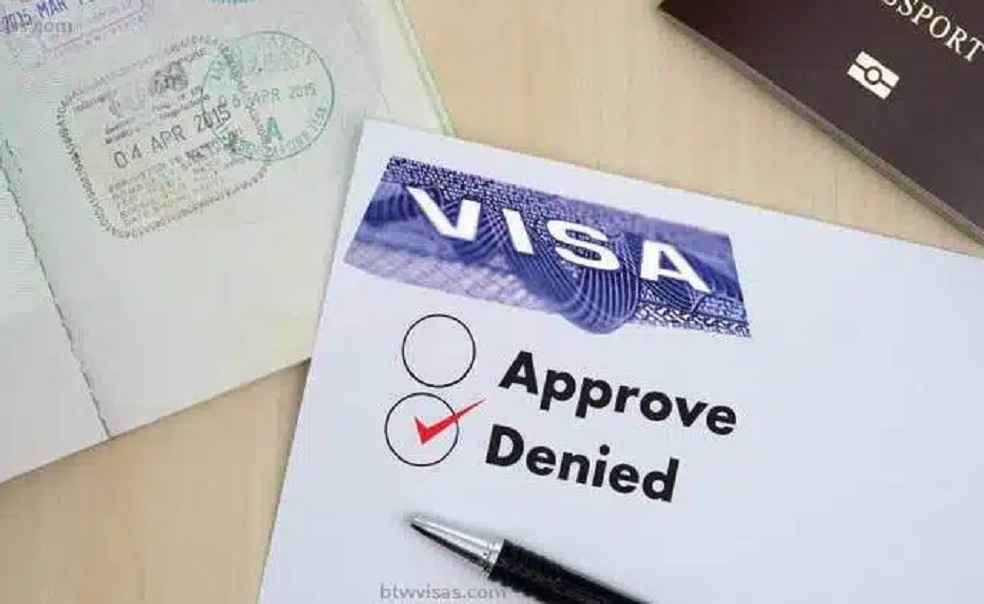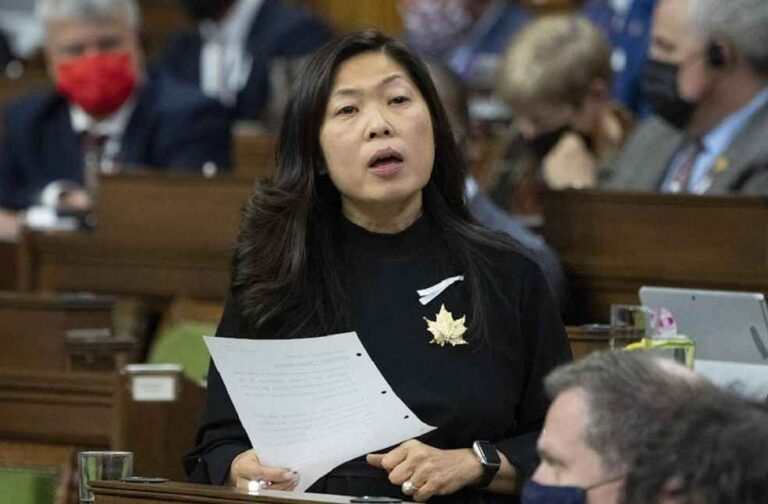Mary Ng, Canada’s Minister of Export Promotion, International Trade, and Economic Development, recently highlighted at the Asia-Pacific Economic Cooperation meeting that Canada’s priority is the Nijjar case, ( the investigation into Khalistani figure Hardeep Singh Nijjar’s killing) . This stance significantly influences trade discussions with India.
The demise of Hardeep Singh Nijjar, a Canadian citizen, occurred on June 18 in Surrey, British Columbia. Canadian Prime Minister Justin Trudeau raised suspicions in September about potential Indian agents’ involvement in this case. This has led to a noticeable impact on India-Canada diplomatic ties.

The Early Progress Trade Agreement (EPTA) talks between Canada and India came to a halt following these allegations. Consequently, a planned Canadian trade mission to India, steered by Minister Ng, was called off. Despite this setback, Sanjay Kumar Verma, India’s High Commissioner to Ottawa, remains hopeful about resuming negotiations swiftly once Canada decides to proceed.
The India-Canada business community remains doubtful about the quick resumption of trade discussions. Victor Thomas, President and CEO of the Canada-India Business Council, has echoed this uncertainty, suggesting the current climate is not conducive to immediate trade dialogues.

Trudeau’s comments regarding the Nijjar case escalated diplomatic tensions. Both nations have expelled a diplomat each, with India also temporarily halting visa processing for Canadians. The quest for diplomatic parity led to the departure of 41 Canadian diplomats from India, an event Ottawa termed as a ‘mass expulsion.’
With the Nijjar investigation ongoing, the trajectory of India-Canada economic and diplomatic relations hangs in the balance. Both governments face a delicate situation where the investigation’s outcome could reshape their future interactions.
DON’T MISS IT | Japan, China Initiate Regular Trade Talks Amid Strained Ties, Seek Stability



